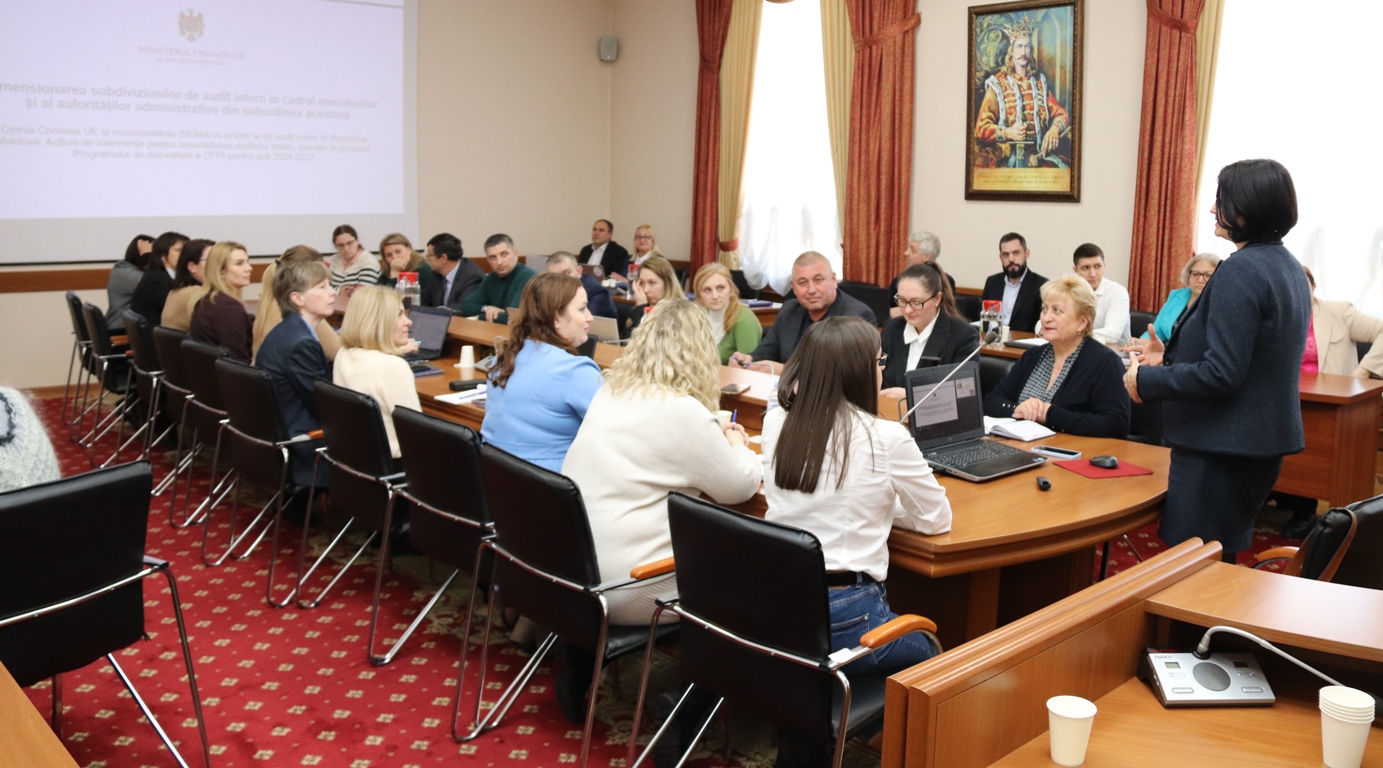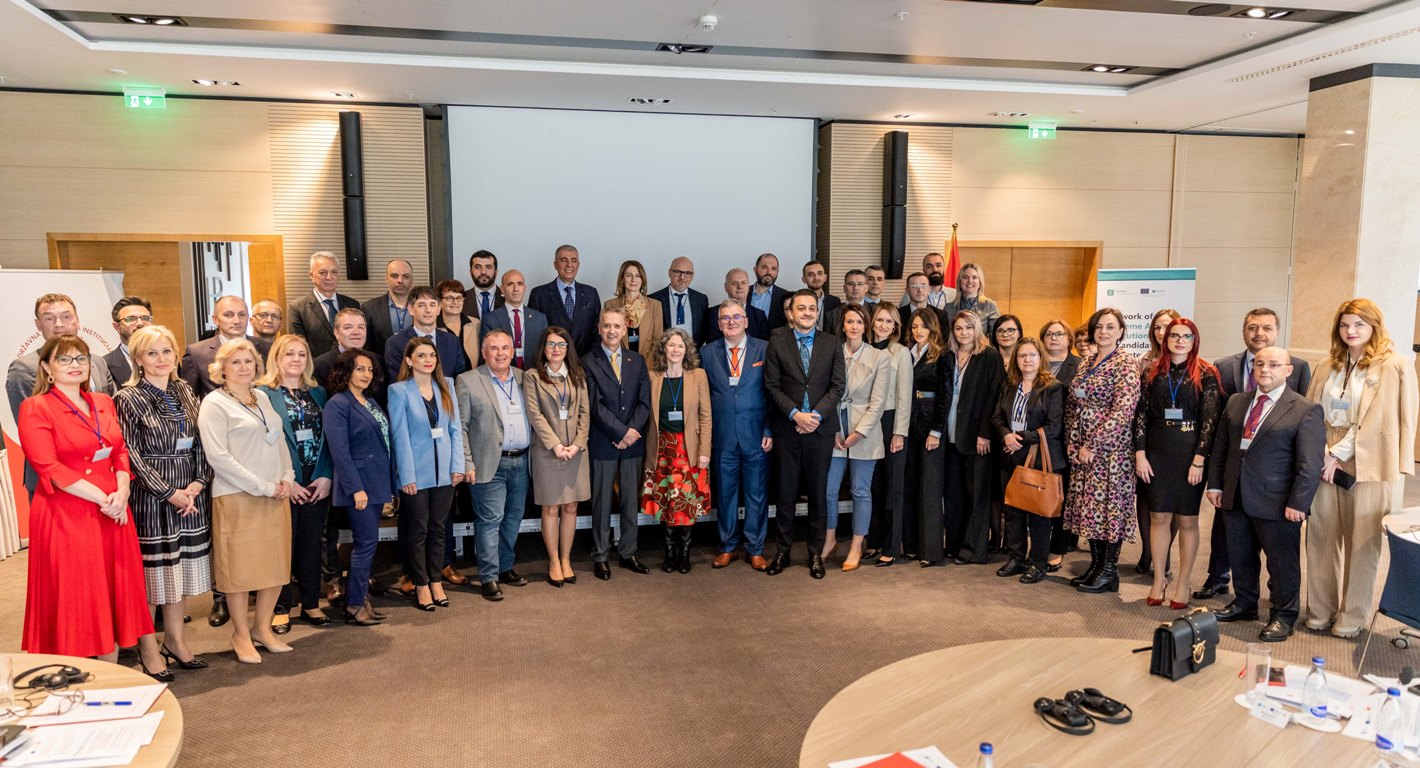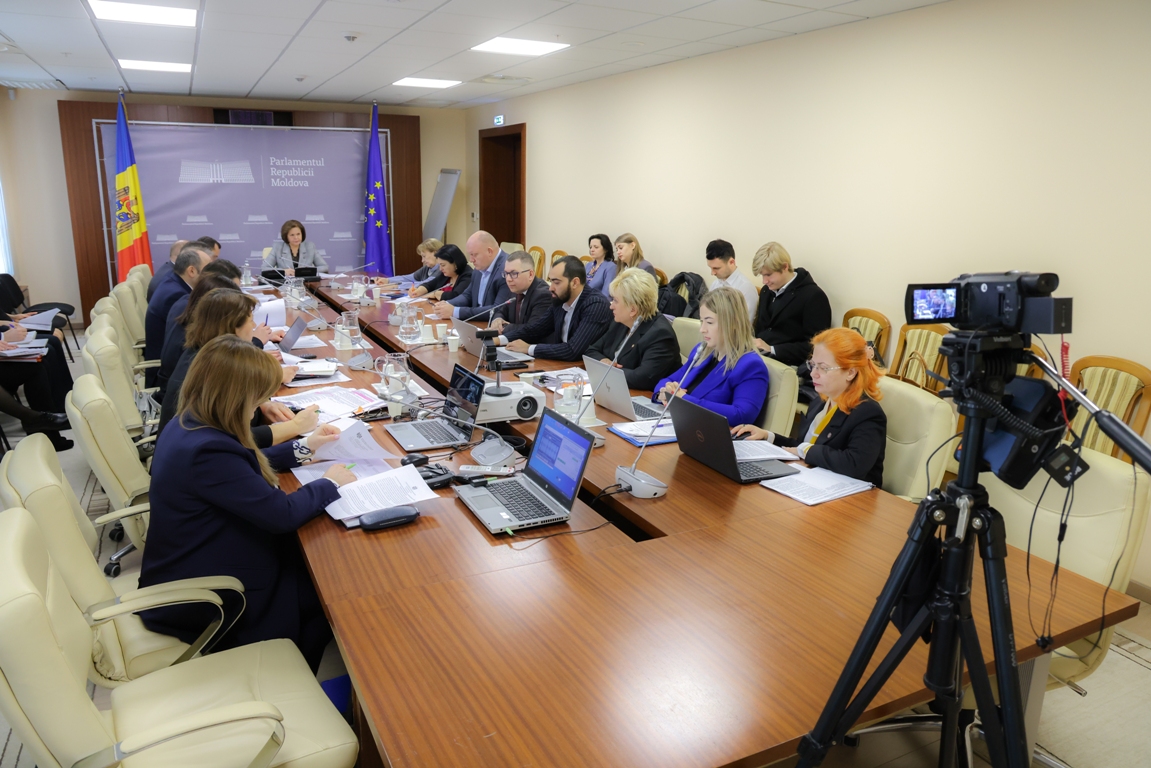.png)
New mechanisms for the operation of surface water bodies, protection zones, groundwater and related hydro technical constructions need to be made more prompt, and the existing ones are to be further developed.
This is the conclusion reached by the Court of Accounts of the Republic of Moldova (CoARM), during the online meeting today, December 20, at the examination of the Audit Report on compliance of administration and management of surface water bodies, protection zones, groundwater and hydro technical constructions related to them.
The audit aimed to assess the issues related to the transparency and compliance of the activities carried out in the light of the responsibilities fulfilled by the institutions involved in the administration and management of the land fund of the waters related to the accumulation lakes and ponds.
The assessment of the real situation regarding the number of accumulation lakes and ponds, existing in the Republic of Moldova, showed significant divergences in the data held by different structures involved in land management of the water fund. This is due to the lack of a single database containing information on the number of reservoirs and ponds, in order to ensure their proper management, as well as the protection of the country's water resources. Moreover, the technical condition of some hydro technical constructions presents a danger caused by: the damaged condition of the dams, the lack or non-functionality of the water regulation and drainage installations as well as the siltation of the drainage overflows.
During the audit of 278 reservoirs and ponds, of which 181 are water basins managed by the local public administration (LPA) and 97 within the central public administration (CPA), major deficiencies were found in terms of registration of property rights and records their accounting, as follows:
- the patrimonial rights over the lands of the water fund, with the surface of 441 acres, related to 17 accumulation lakes and ponds were not registered in the Real Estate Register (RER) and were not fully reflected in the accounting records;
- 191 water basins, with an area of 13.4 thousand acres, although they are registered in the RER, are not reflected in the accounting records of the entities that manage them.
Another problem is the erroneous RER documents. Thus, out of 346 acres registered and subject to verification, 297 acres, or 86% are missing the registration of their field of use. Also in this context, as a result of the privatizations of previous years, the state and the LPA were dispossessed of significant areas of land on the waterfront, including as a result of decisions issued by the courts.
The audit found that 15 plots of land, with an area of 544 acres, were privatized against patrimonial vouchers. Similarly, the hydro technical constructions related to 19 water basins were privatized, with the total land area of the water fund of 627 acres, which were transferred to the share capital, the situation being still in dispute. Thus, only as a result of these 2 situations, the state and the annual LPA were deprived of revenues ranging between 0.95 and 4.7 million lei.
The process of leasing aquatic objectives has been affected both by the lack of comprehensive provisions in this area and by non-compliance with the existing regulatory framework. Thus it was found:
- the lack of registration by the LPA in the RER of 6 water lease land contracts;
- LPA concluded 2 lease agreements exceeding the 30-year deadline;
- 17 lease contracts out of 122 verified, were concluded in the absence of organizing and conducting auctions with a call, not ensuring transparency in the selection of potential tenants.
The audit found situations when the owner of the land is the state or LPA, and the owner of the dam is a third party, the use of the property, which is an indivisible property, being not regulated by the regulatory framework. In this regard, measures will be taken to develop a new regulatory framework and develop the existing one, to fill the legislative gap, and to obtain revenue receivable from the lease of state property and LPA in appropriate amounts.
Only from the lease of the exemplified lands, the state and LPA lose annually from 0.7 to 3.3 million lei. These findings attest to the urgent need to develop clear rules for leasing storage lakes or ponds and hydro technical constructions as an indivisible asset, and rules have been developed for situations where an indivisible asset has several co-owners.
The audit also showed situations when only part of the land of the watershed related to the water basin is leased, thus the lease is charged only for 2.48 ha, or 32% of the total area of 7.58 ha related to the aquatic objective, respectively, The LPA has been deprived of reliable sources of income for many years.
Another shortcoming is that 188 or 67% of the 278 reservoirs and ponds subject to inspection do not have special water use permits. The situation is due to the presence of contradictory provisions in the legislative framework, one regulating the issuance of authorization for payment, and another free of charge.
Currently, the Republic of Moldova has a functional, but limited, framework for the administration and management of land and water resources. The failure to implement for several years the measures for the clear delimitation and establishment of the rights and responsibilities regarding the land of the water fund and the hydro technical constructions as an indivisible good, prevents the compliant and rational management of the accumulation lakes and ponds.
The massive delimitation, carried out under the 2019-2023 Program, should cover all public lands, regardless of how they are used, to ensure the fullness of RER registrations, to reduce litigation and to increase state and local budget revenues.
In order to improve the attested situation, the Court of Accounts considers it imperative to review the current mechanism for coordinating activities, in order to ensure the integrity of state property and its use for the benefit of the inhabitants of the administrative-territorial unit. Thus, recommendations were made to remedy the existing situation.
 WITH DEFICIENCES OF VIEW
WITH DEFICIENCES OF VIEW Youtube
Youtube Facebook
Facebook


 print
print




